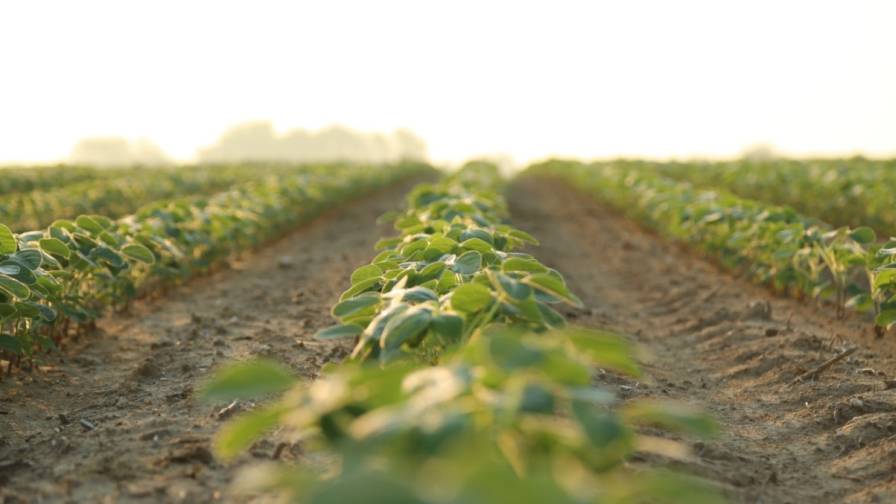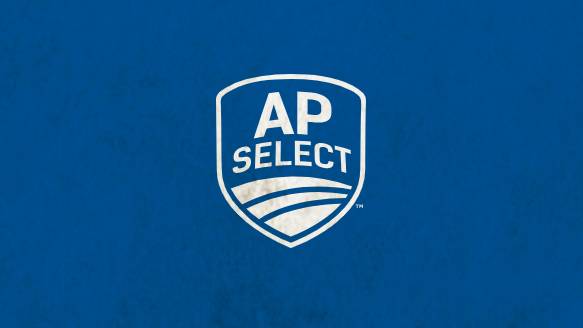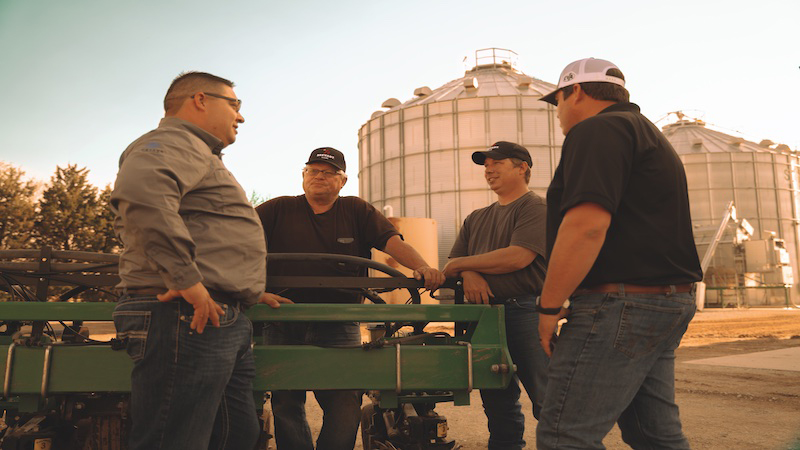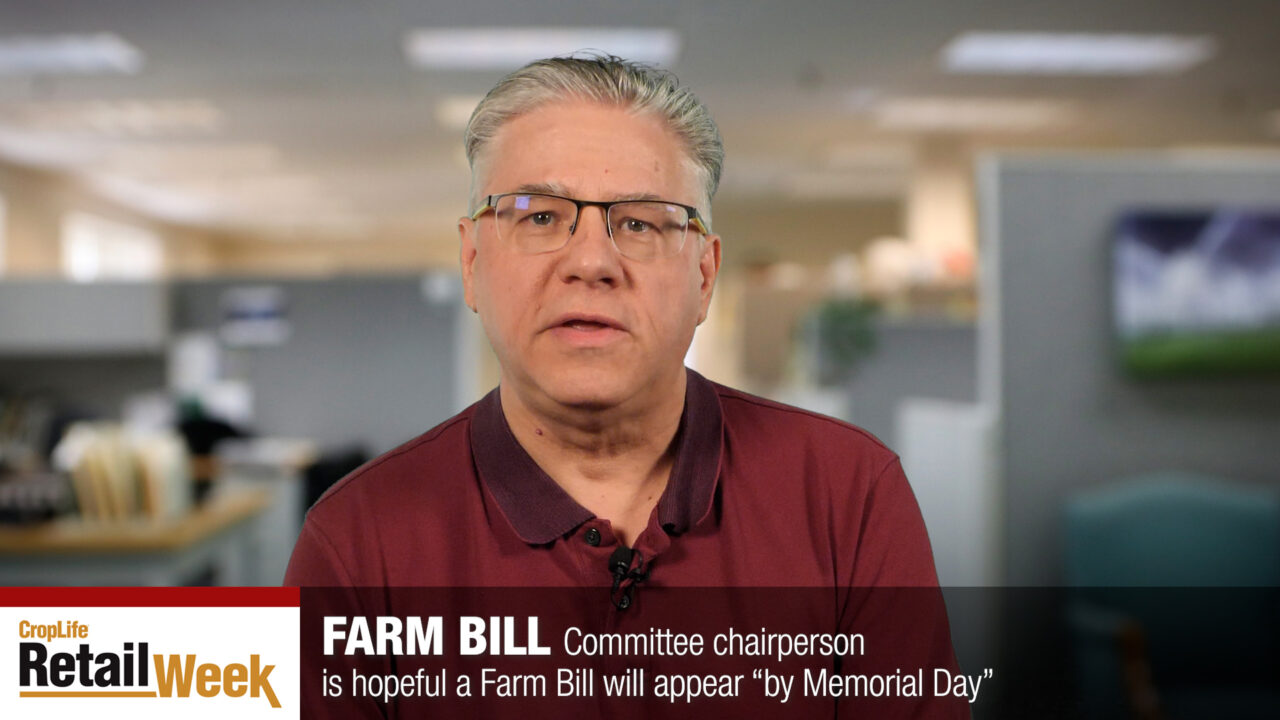Drought-Tolerant Gene Clears Hurdle
As growers around the world search for innovative new technologies to help them produce more with fewer resources, Monsanto Co. announced Jan. 8 that it is a major step closer to delivering the world’s first-ever drought-tolerant corn product.
In the fourth-annual update of its research and development (R&D) pipeline, Monsanto says that its first- generation drought-tolerant corn has moved to the fourth — and final — phase before an anticipated market launch early next decade. The company also announced that it has submitted the product to the Food & Drug Administration (FDA) for regulatory clearance.
Drought-tolerant corn is designed to provide growers yield stability during periods when water supply is scarce by mitigating the effects of drought — or water stress — within a corn plant. Field trials for drought-tolerant corn conducted last year in the western Great Plains have met or exceeded the 6 percent to 10 percent target yield enhancement — about 7 to 10 bushels per acre — over the average yield of 70 to 130 bushels per acre in some of the key drought-prone areas in the United States.
Monsanto’s corn product represents the first in a series of drought-tolerant and higher-yielding crop technologies which the company is poised to offer farmers over the next decade. Products under development by Monsanto are designed to enable growers to produce more on each acre of farmland while minimizing the input of energy and resources such as water.
Drought-tolerant corn technology is just one of the products currently under development as part of Monsanto’s R&D and commercialization collaboration in plant biotechnology with German-based BASF. The two companies are jointly contributing $1.5 billion over the life of the collaboration, which is aimed at developing higher-yielding crops and crops more tolerant to adverse environmental conditions such as drought.
Higher-yielding — or Intrinsic Yield — soybean technology, being developed by the two companies, which is expected to enable soybean growers to produce more bushels out of each acre, also moved another step closer to farm fields.
The product, which promises higher yields through the insertion of a key gene, moved into Phase 3 and will now undergo expanded field trials, regulatory studies, and trait integration into elite soybean germplasm. Once commercially available, the higher-yielding soybeans will build upon the company’s Roundup Ready 2 Yield platform and provide growers with an additional boost to the incremental yield advantage from that product-line.
(Source: PRNewswire)






